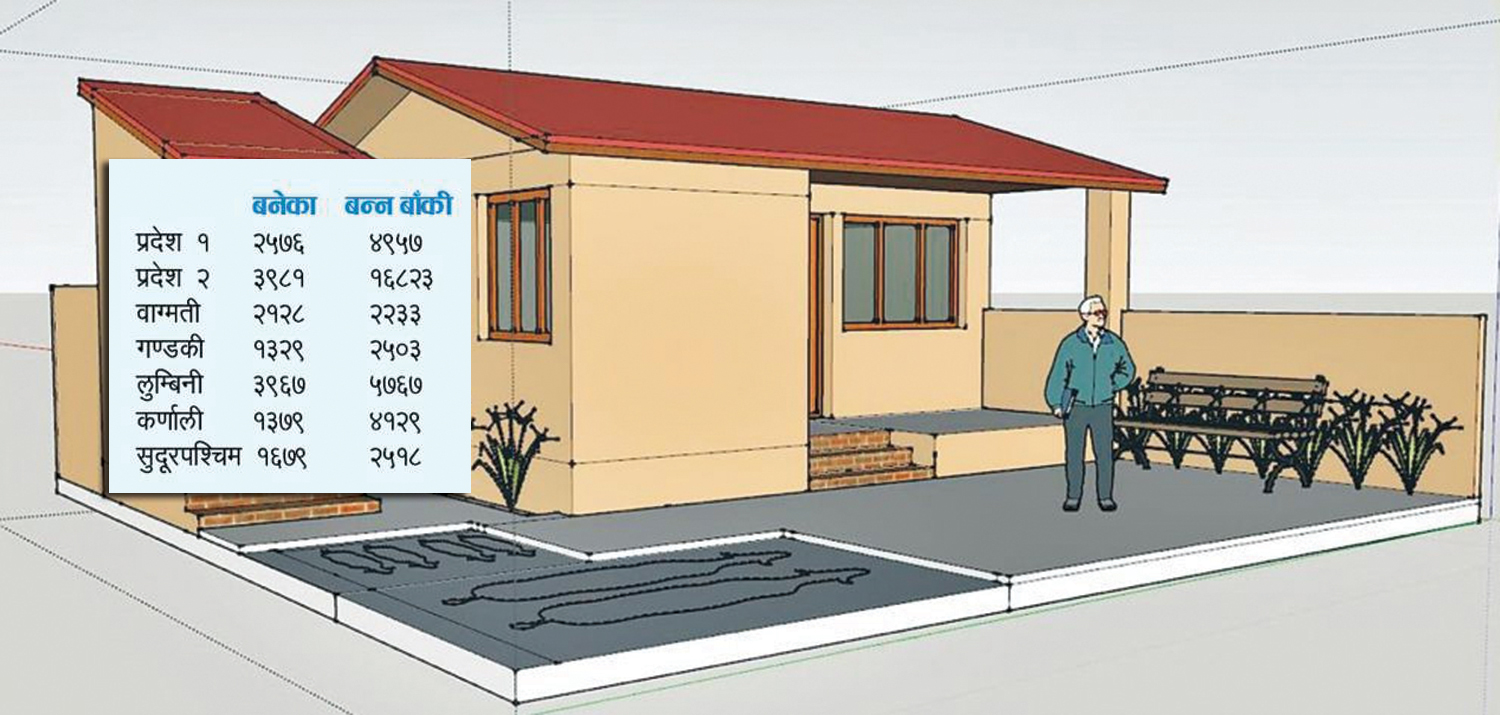An Assessment of Implementation Status of Janata Awash Program in Nepal

The document titled “An Assessment of Implementation Status of Janata Awash Program in Nepal” evaluates the Janata Awash Program (JAP), which aims to provide affordable housing to low-income families in Nepal. The assessment focuses on the program’s implementation in Rupandehi District from the fiscal years 2073/74 to 2075/76 (2016-2018) and examines its effectiveness, challenges, and overall impact.
Further reading:
Financial Mobilization Status of People Housing Program; A Case … papers.ssrn
Financial Mobilization Status of People Housing Program – A Case of Rupandehi District of Nepal | International Journal of Case Studies in Business, IT and Education (IJCSBE)
Background
The Janata Awash Program was initiated by the Government of Nepal to address the housing needs of marginalized communities. It aims to provide financial assistance for constructing homes, thereby improving living conditions for low-income families. The program is particularly significant given the high demand for affordable housing in urban areas, where rapid population growth has led to increased housing shortages.
Methodology
The assessment employed a mixed-methods approach, utilizing both quantitative and qualitative data. Surveys were conducted among beneficiaries, including those who had completed construction, those still awaiting assistance, and those whose applications were rejected. Interviews with local officials and community leaders provided additional insights into the program’s implementation.
Findings
1. Beneficiary Access and Satisfaction
The assessment revealed that while many beneficiaries expressed satisfaction with the financial support provided, there were significant disparities in access. Some applicants faced delays in receiving funds, which hindered their ability to construct homes promptly. Additionally, a portion of applicants reported dissatisfaction due to inadequate communication regarding their application status.
2. Construction Quality
The quality of construction varied significantly among beneficiaries. Some families were able to build durable homes using the funds provided, while others struggled with substandard materials and construction practices. This inconsistency raised concerns about the long-term sustainability of the housing built under the program.
3. Challenges in Implementation
Several challenges were identified in the program’s implementation:
- Bureaucratic Delays: Lengthy approval processes and bureaucratic inefficiencies slowed down fund disbursement and construction timelines.
- Limited Awareness: Many potential beneficiaries were unaware of the program or its requirements, limiting participation.
- Inadequate Infrastructure: In some areas, lack of access to basic infrastructure such as roads and utilities hampered construction efforts.
4. Impact on Communities
Despite the challenges, the program has had a positive impact on many communities by providing shelter to families who previously lived in inadequate conditions. The new homes have improved living standards and contributed to community stability.
Recommendations
The assessment concludes with several recommendations to enhance the effectiveness of the Janata Awash Program:
- Streamlining Processes: Simplifying application and approval processes could reduce delays and improve fund disbursement efficiency.
- Increasing Awareness: Conducting outreach programs to educate potential beneficiaries about the program can increase participation.
- Quality Control Measures: Implementing guidelines for construction quality can help ensure that homes are built to a sustainable standard.
- Infrastructure Development: Coordinating with local government agencies to improve infrastructure in areas where housing is being developed can facilitate better living conditions.
Conclusion
The Janata Awash Program plays a crucial role in addressing housing needs for low-income families in Nepal. While it has made significant strides in providing affordable housing, ongoing challenges must be addressed to optimize its impact. By implementing the recommended strategies, stakeholders can enhance the program’s effectiveness and ensure that more families benefit from adequate housing solutions. The assessment underscores the importance of continuous evaluation and adaptation of housing policies to meet the evolving needs of communities across Nepal.
